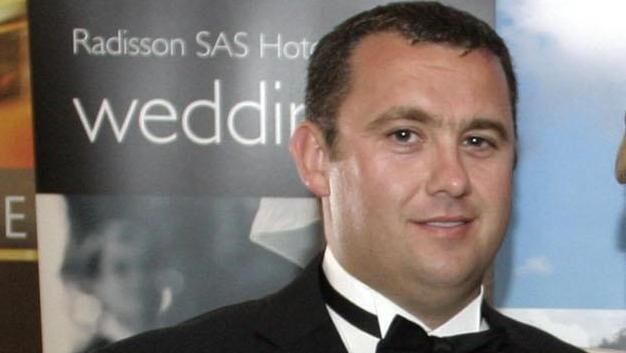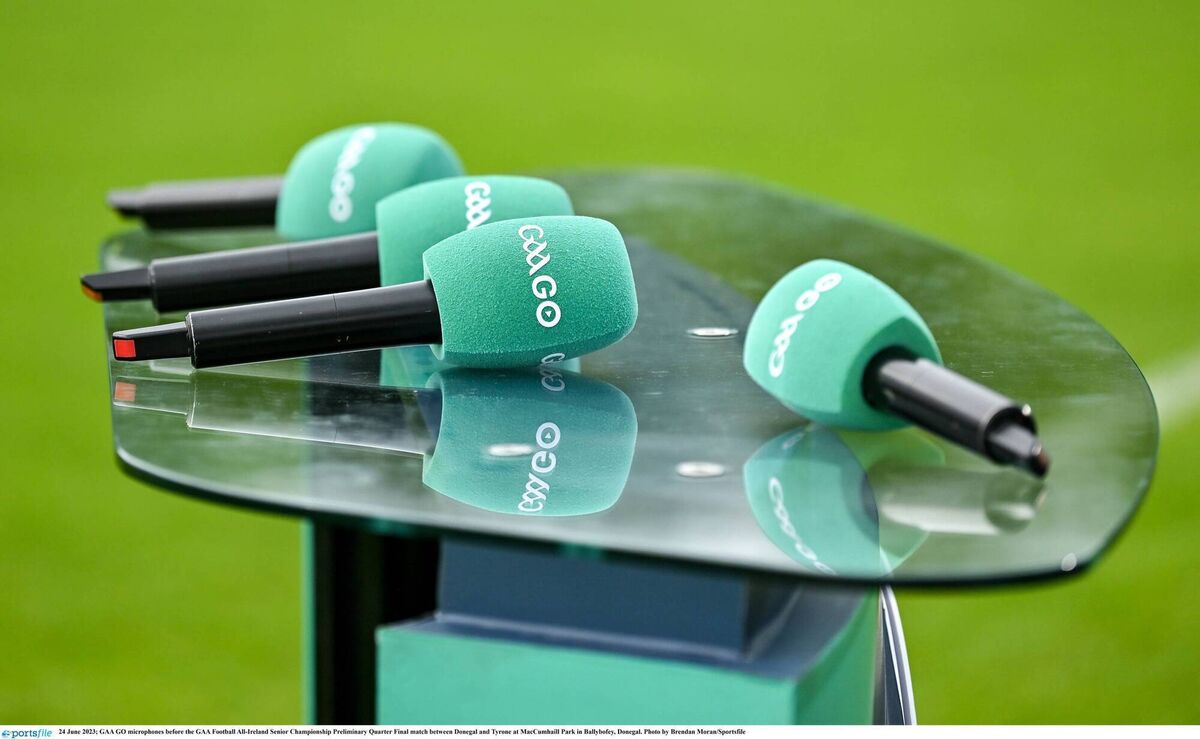Irish Examiner view: Positive changes on the horizon

The new deposit return scheme will come into force on February 1 and will affect practically every household in the country.
Earlier this week, there was shock when news emerged from North Carolina that Molly and Thomas Martens would be released from prison this week.
Last month, the father and daughter were jailed for a minimum of seven months and a maximum of 23 months at Davidson County Court for the 2015 manslaughter of Limerick man Jason Corbett.
It was expected that they would be incarcerated for a further seven months, with a final two years suspended.
When the North Carolina Department of Corrections website stated that both would be released this week, the Corbett family was understandably dismayed by the news, describing it as “unbelievable” and asking why Jason Corbett’s children had had to sit through the recent hearing when the Martens would only spend three weeks in jail.

Matters took a bizarre twist yesterday when the North Carolina Department of Corrections changed its position, stating: “After further review, the initial projected release dates calculated in response to resentencing for Molly Corbett and Thomas Martens were found to be incorrect.”
The initial mistake was blamed on “human error”, and the two inmates are now expected to be imprisoned until next June.
To put it mildly, such flip-flopping is unlikely to instil faith in North Carolina’s prison service.
If sentences cannot be calculated correctly in such a high-profile case, one shudders to think of the possible errors that may be lurking elsewhere within that system.
More importantly, where is the duty of care to the victims in this case?
The Corbett family had to endure the trauma of the recent court case and relive the experience of losing a loved one to a violent death.
Their distress was compounded unnecessarily by an organisation which should have particular regard for the families of victims of crime.
At the very least they are entitled to an unreserved apology.
And a full explanation of the circumstances which led to this situation.
The announcement of GAAGO’s schedule of games for next year’s GAA season caused an outcry in one county in particular.
The revelation that three of Cork’s four Munster senior hurling games will be on the streaming platform caused Leeside hurling fans to see red immediately.
There has been a simmering unhappiness with GAAGO in recent years, a dissatisfaction with causes ranging from the perception that viewers are paying twice for RTÉ’s services — through a GAAGO subscription and the licence fee — to concerns about GAAGO itself, which was originally intended to cater for overseas viewers.
The operation of GAAGO was the focus of some pointed very questions at the recent Oireachtas committee hearings into RTÉ’s financial scandals.

At that time, RTÉ’s head of sport Declan McBennett admitted to one committee that GAAGO was operating without clearance from the Competition and Consumer Protection Commission, which immediately launched an investigation into the service.
Regarding the specific allocation of three Cork hurling games to the service, this move is open to interpretation as a cynical ploy to pull in subscribers from Cork’s enormous fan base, which is still large enough to contribute a healthy number of spectators for those games, thus maintaining high gate receipts as well.
The GAA can expect plenty of flak for this decision, which comes after its disastrous proposal to drop five counties from the national hurling leagues in 2025, a proposal which had to hastily withdrawn following sharp criticism. Putting so many high-profile hurling games from one county behind a paywall does nothing to promote and spread the game, which is the GAA’s raison d’être.
The decision also undercuts the GAA’s image of itself as a bulwark of community spirit in Ireland. If anything, it suggests the very opposite.
A collection of the latest sports news, reports and analysis from Cork.





